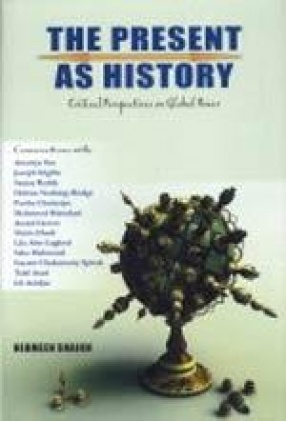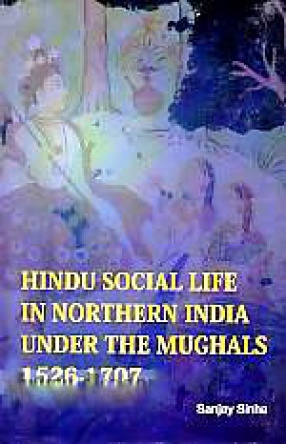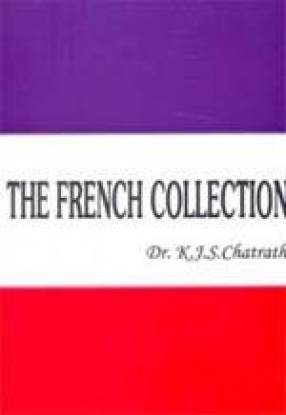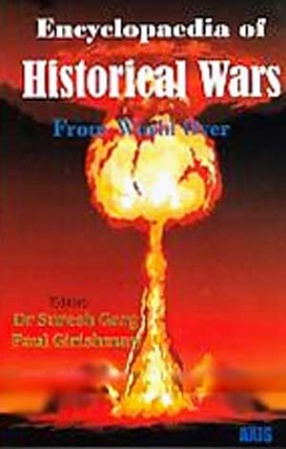The present as history offers a rare opportunity to hear world-renowned scholars historically and politically address issues surrounding the current distribution of global power. Amartya Sen discusses the shortcomings of the development agenda, while Josph Stiglitz explains the trajectory of economic globalization and its effects. Sanjay Reddy argues that global poverty estimates are flawed and Helena Norberg-Hodge uses her experience in Tibet to reveal the problems with development practice. Partha Chatterjee examines the enduring consequences of colonial administrative and governing practices, while Mahmood Mamdani explains the growth of Terrorist Movements around the world in the context of the Cold War. Anatol Lieven looks at the different strains of American nationalism and the continuities and ruptures between nineteenth-century empires and the present one. Iranian Human Rights Lawyer Shirin Ebadi elaborates the relationship between Islam, democracy, and human rights while anthropologists Lila Abu-Lughod and Saba Mahmood respectively trace the historical use of women as an excuse for imperial intervention and discuss the relationship between liberalism, Islam and secularism. Literary theorist and cultural critic Gayatri Chakravorty Spivak looks at the legacy of colonialism in the domain of language and education and isolates the problems associated with human rights discourse and practice. Finally, Talal Asad traces the genealogy of the term secularism, its special place within Islam, and its relationship to modernity, while Gil Anidjar considers the distinction between religion and politics and elaborates the historical links between secularism and Christianity. Taken together, these interviews offer a valuable understanding of world history and a fresh perspective on global power and justice.
Hindu Social Life in Northern India Under the Mughals, 1526-1707
This book provides deep ...
$45.00
$50.00





There are no reviews yet.